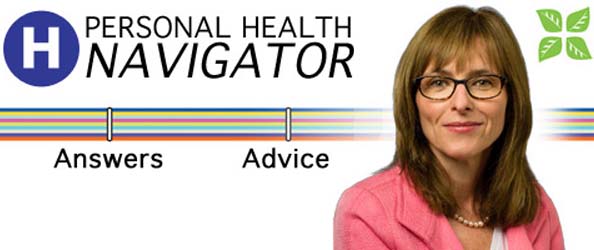Obstetrics
Will Quebec’s cut to IVF funding lead to more multiple pregnancies?

Women who get pregnant without using technology typically have one baby at a time. Women who use technology such as fertility drugs or in vitro Fertilization (IVF) are at increased risk of getting pregnant with twins, triplets or more. While this may seem like good news for women who might not otherwise get pregnant, multiple …
Pulling back the curtain on Canada’s rising C-section rate

Caesarian sections (C-sections) are among the most common surgical procedures performed on women of child-bearing age. Canada’s C-section rate has increased dramatically in the past two decades. The national C-section rate has increased from 17% of all births in 1995 to nearly 27% in 2010. In Ontario, nearly 29% of births in 2011/12 were by C-section, with a similar rate in Alberta of …
Non-invasive prenatal testing and chromosomal microarray: changing the landscape of prenatal genetic testing

Prenatal testing is a routine part of pregnancy care in much of the world. Every pregnant woman in Canada is offered blood tests and ultrasounds to evaluate the health of her pregnancy. When testing suggests potential genetic abnormalities, doctors offer a further test such as amniocentesis to make a definitive diagnosis. While amniocentesis is very …
A new mom in medicine

Months before my life was upended, a doctor friend tried to explain my forthcoming role in terms I’d understand. “Imagine being on call 24 hours a day, seven days a week,” he said. “You’re in charge of a single patient, but she is needy as hell.” Medical training prepared me for motherhood in some ways …
Cord blood banking in Canada

Minutes after giving birth, blood from the umbilical cord is collected and sent off to a central cord blood bank to be cryogenically frozen. Years later this cord blood could be used to cure some cancers and treat rare diseases. While to some this sounds like the stuff of science fiction, the use of cord …
“Expecting Better” from your doctors during pregnancy

Of all the pregnancy taboos I’ve heard in my 34 weeks of this surreal, at times ache-inducing, but ultimately incredible state, caffeine has caused me the greatest chagrin. Strangers in line at Coffee Central offered helpfully: “You’ll get decaf, of course.” My four-year-old nephew looked at a cup of tea in my hands, his brow …
Maternity services disappearing in rural Canada

The plan to eliminate obstetrical care at Banff’s Mountain Springs Hospital, and to replace it with enhanced vascular and plastic surgery services, was labelled a potential “quick win” in a 2012 community and rural health planning document. Babies would no longer be delivered in Banff (population about 8,200) and instead obstetrical care would be “consolidated” …
Birth tourism: The pregnant patients most Canadian doctors cannot accept

The Personal Health Navigator is available to all Canadian patients. Questions about your doctor, hospital or how to navigate the health care system can be sent to AskLisa@Sunnybrook.ca The Question: I am pregnant and my expected due date is in June. I currently live outside Canada, and would want to go back to Toronto for delivery. I …
Reflections on team-based maternity care

In my second year of medical school, I had the opportunity to take part in a project aimed at midwifery students, medical students and nursing students interested in maternity care. A group of twelve of us met weekly to learn about labour and birth, and also to receive some basic labour support training. It was …
Head first: birth centres in Ontario

Ontario recently announced funding for two birth centres that will be led by midwives. The government has indicated it is opening birth centres partly to move care out of hospitals and save money. Although birth centres are probably safe and may improve maternity care, it is less clear whether Ontario’s birth centres will indeed reduce …
Why isn’t there a system of integrated maternity care in Ontario?

Midwives provide high quality care for normal, low risk pregnancy and child birth, but provide this care to relatively few women in Ontario. The demand for midwifery services is outstripping capacity. The philosophy and actual practice of care provided by midwives and obstetricians is different. Obstetricians deliver many more babies, but obstetrician-led care is more …
